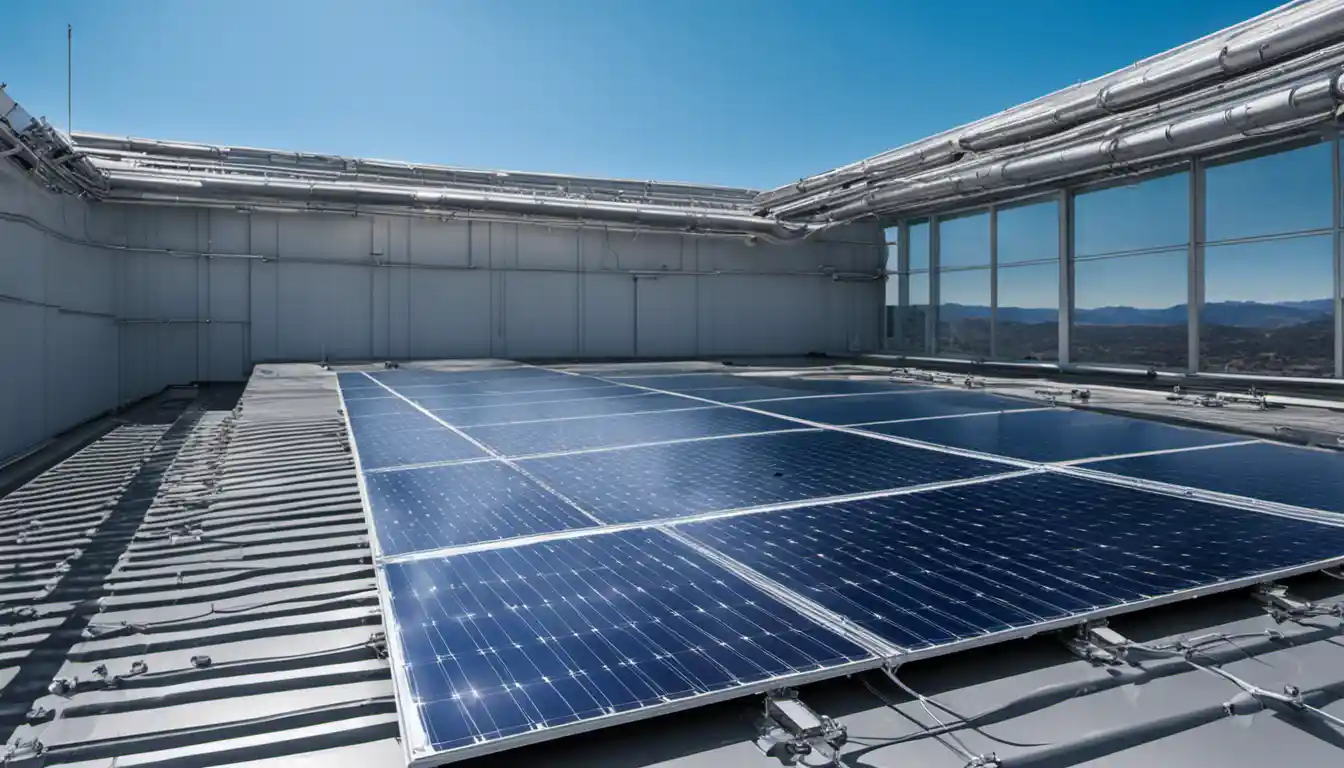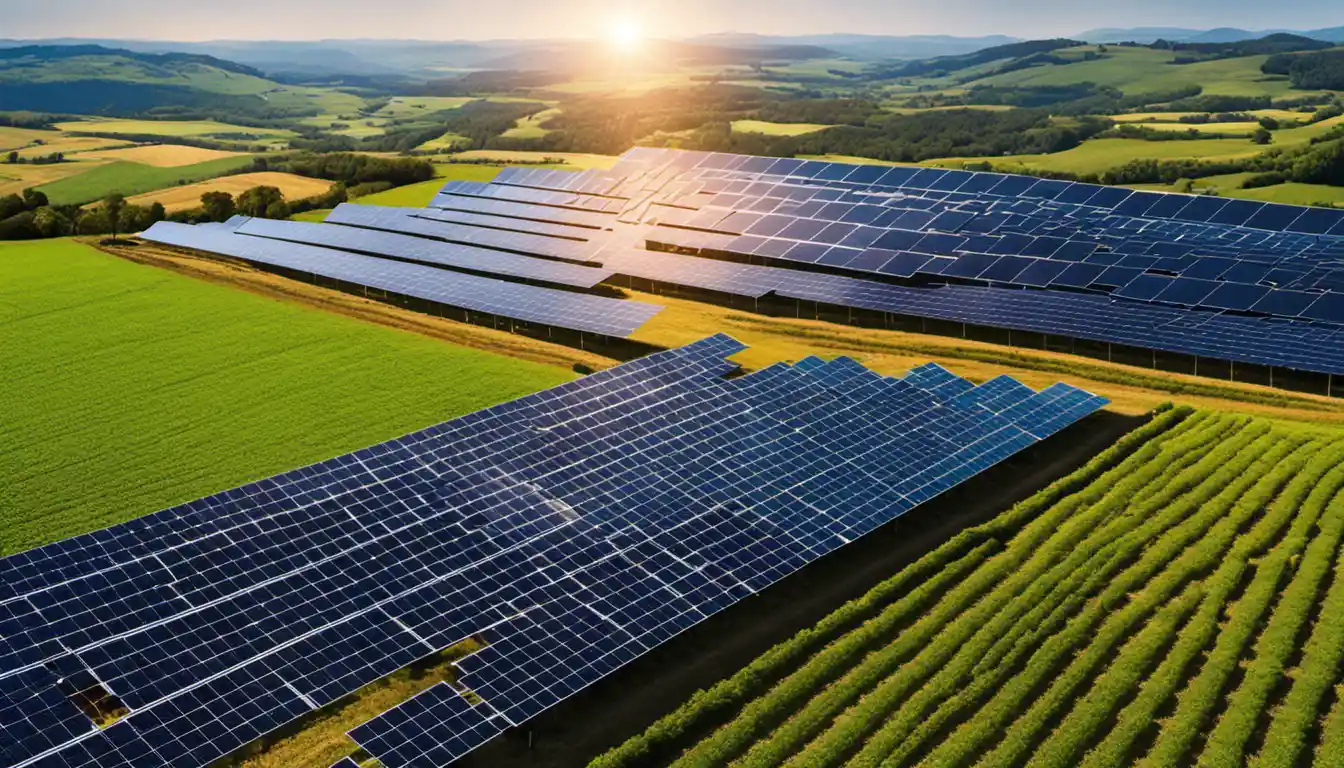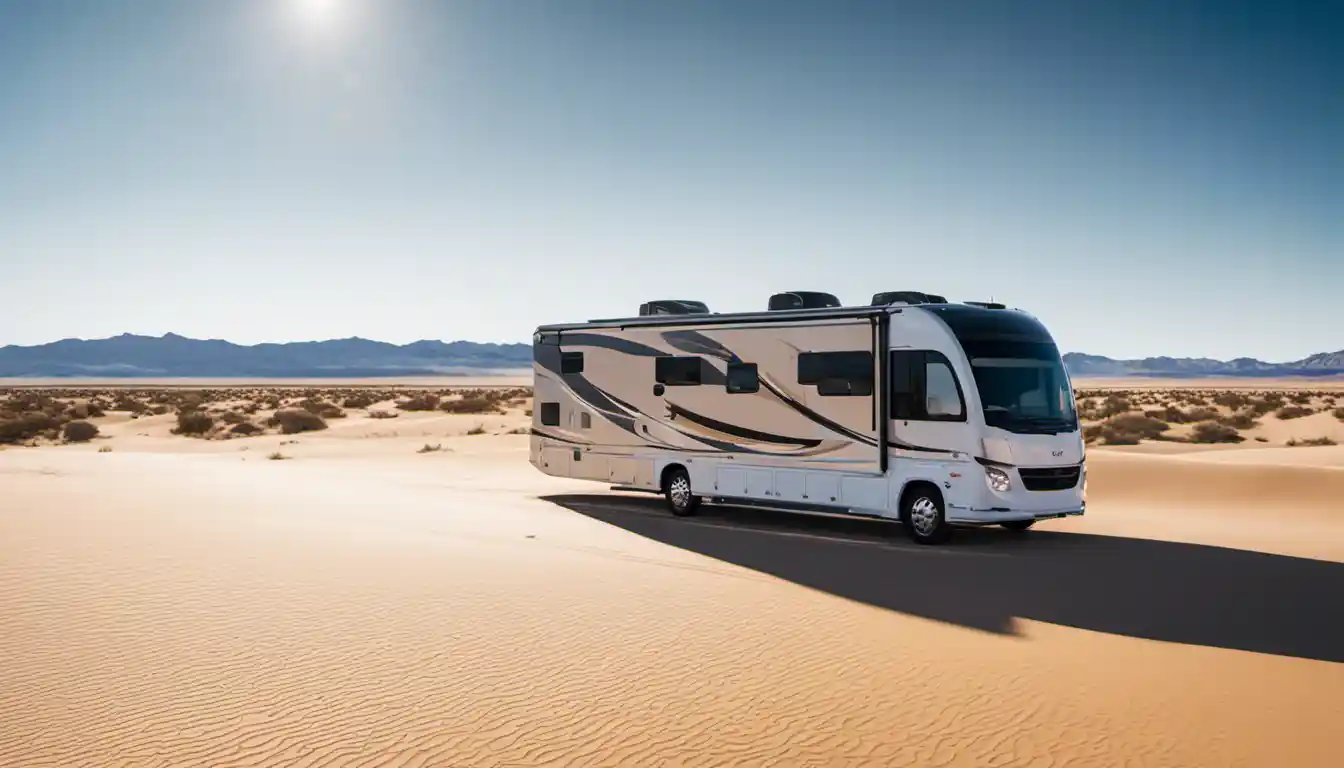Understanding the Importance of Solar for RV
The number of solar panels you need for your RV depends on the amount of energy you consume. As an estimate, an average-sized solar panel producing around 150 watts will power most RV needs. However, you should calculate your specific needs based on personal usage and the wattage of your devices.
Defining Power Used and Power Stored Needs in RV Camping
Your RV camping experience can be significantly improved by defining your power needs. How many solar panels do I need for my RV? Well, to answer this, start by identifying how much power you use per day. Consider all your electrical appliances, including your refrigerator, air conditioning, lights, laptops, etc. Then, calculate their total wattage.
Equally important is your power storage needs. A solar power system on your RV is not like plugging into a never-ending power supply, and you must consider your storage capacity. Essentially, solar panels collect sunlight to generate power, which is then stored in RV batteries for use when needed. Hence, your power storage capacity needs to be in sync with your power usage needs.
Determining the RVs Battery Storage Capacity and Solar Panel Needs
Understanding and calculating your solar panel needs is crucial when seeking to use solar energy. I often get asked – “how many watt solar panels do I need for my RV?” To answer this, you need to understand your battery storage capacity and how it relates to solar panel requirements.
A Guide on Calculating Solar Panel Needs
Figuring out your solar panel needs doesn’t have to be complicated. Here is how you can calculate these needs.
Method 1: Using a Solar Calculator
To simplify the process, a solar calculator helps in computing your energy usage and determining the amount of solar panel wattage you will need.
Method 2: Doing Calculations Yourself.

While using a solar calculator is helpful, it is also beneficial to understand the process of calculation. Here is how to do it –
Take the total amount of AH (amp-hours) you got from your energy needs calculation and divide it by the amount of sunlight available (averaging 5 hours for most areas). For example, if your energy need is 90AH, and you have approximately 5 sunlight hours: 90AH / 5 hours = 18 Amps.
Now to get the wattage, multiply the amps by your battery voltage (usually 12 Volts for RVs), e.g., 18 Amps x 12 Volts = 216 Watts. Therefore, in this example, you’d need solar panels totaling 216 watts.
Is a 100-Watt Solar Panel Enough for Your RV?
If you’re a first-time buyer, you might ask – “Is 100-watt solar panel enough for RV?” It’s a reasonable question.
Exploring the Efficiency of 100-Watt Solar Panel for an RV
A 100-watt solar panel typically generates around six amps per peak-sun-hour. For most RV campers, a 100-watt panel provides sufficient power to charge deep-cycle batteries, powering basic requirements like lighting, RV fridges, and fans. However, for higher energy needs, like heavy-duty appliances, this may not suffice.
Estimating the Power Produced by 100-Watt Solar Panel
The power generated by a solar panel is directly related to sunlight hours. Depending on your location and weather, the amount of energy yielded by a 100-watt panel varies. On a sunny day, you’re likely to get 4 – 5 hours of optimal sunlight translating to around 400 – 500 watts a day.
Defining the Power Requirements for Different RV Activities
Every device that you use in an RV has a specific power requirement. For instance, an RV fridge can use 100-400 watts, while a laptop uses approximately 50 watts. When defining how many “solar panels” you need for your RV, consider all devices and appliances used during your RV excursion.
How Many Watts Solar Panel Do You Need For your RV?
The question ‘how many watt solar panel do I need for the RV?’ is not the same for everyone. It depends on several factors, such as the number of appliances you use, their total wattage, your location, and your RV’s battery storage.
Understanding the Relationship between Watts and Battery Storage Capacity

To match your solar panel wattage with your battery storage capacity, figure, as a rule of thumb, every 100 watts of solar panels will generate about 30 amp-hours per day. Therefore, if your usage is 90AH per day, your total solar panel wattage should be around 300 Watts.
Differentiating Between Mounted and Portable Solar Panels
Your needs might also dictate choosing between mounted and portable solar panels.
The Pros and Cons of Using Mounted Solar Panels
Mounted solar panels are permanently installed on the roof of the RV. They require little effort once installed and offer a constant flow of energy.
However, to maximize efficiency, your RV will need to be strategically parked to face the sun.
The Pros and Cons of Using Portable Solar Panels
Conversely, portable solar panels give you the freedom to position them anywhere for maximum sunlight exposure, but they require setup and teardown each time you move camp.
How Many Solar Panels Needed To Maintain RV Battery
Wondering ‘how many watt solar panel to maintain RV battery’? It’s essential to have the correct size solar panel to sustain your RV battery properly. Again, this depends on your usage and the battery size.
Size of Solar Panels Required To Maintain RV Battery Charge
If you are a casual RVer and use your vehicle occasionally, a smaller solar panel size, say around 100-150 watts, could be enough to maintain your RV battery charge. However, if you are a frequent camper or live full-time in your RV, you might need larger solar panels, say around 300-400 watts.
Case Studies: Determining How Many Panels Are Needed (Examples)

By now, questions like ‘What size solar panel for RV?’, and ‘How to calculate solar panel needs for RV?’ must be much more evident. But to give you a more realistic perspective, let me share some examples.
Example 1: Small Size RV
A smaller RV, for example, might be sparsely equipped. With minimal energy needs, such as lighting, refrigerator, and charge electronics, about 200 Watts of solar power should suffice.
Example 2: Medium Size RV
For medium-sized RVs equipped with a few more comforts, approximately 400-800 Watts could be necessary. Your specific needs might vary, but this range covers most scenarios.
Example 3: Large Size RV
For larger RVs or full-time campers, energy needs can easily reach 1000 Watts or more. The more appliances and comforts you want to power on solar, the more solar capacity you’ll need.
Tips for Full Time Boondockers to Maintain Solar Power
Ah, The full-time boondockers! If you’re one of these adventurous souls, maintaining solar power becomes even more critical since you’re off the grid most of the time.
Having a power-efficient strategy can go a long way in optimizing your boondock living. Take care of your energy audit, keep a close watch on your usage, and tweak as necessary. Besides, equipping your RV with enough solar panels and substantial battery storage can save you from any unnecessary power glitches.
To help you get the most out of solar energy in your RV, I have compiled a list of inspiring RV solar panel ideas to enrich your on-the-road living experience.
Conclusion: Determining the Right Amount of Solar Panels for your RV Needs
Now you have a pretty detailed answer to ‘how many solar panels do I need for my RV’. While understanding your power needs may initially seem like a daunting task, with a bit of thinking and calculating, you can easily determine adequate solar capacity for all your RV needs. Become a sun wizard and immerse yourself in the wonderful world of RV solar panels! Happy camping!



